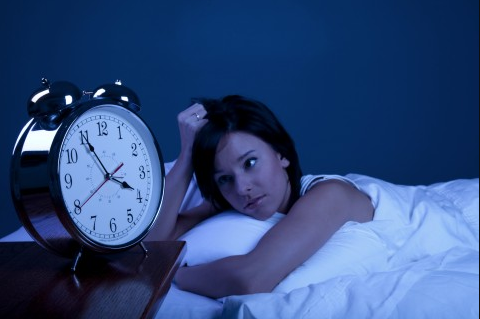

Do you need to visit a sleep clinic for a sleep study to diagnose sleep apnoea? Which sleep apnoea do you have? Is it obstructive sleep apnea or central sleep apnoea? To learn more about the symptoms and when to visit the specialist, read below:
There are many symptoms to sleep apnoea. For instance, you will have trouble sleeping or trouble concentrating. You are looking at worse health consequences. However, it might not be easy for you to tell, so consider these:
This is usually what people experience first after falling asleep with obstructive sleep apnea. It means that your throat muscles, nasal passageway, or tongue, or any other tissue is blocking your airway.
As a result, you face breathing problems while sleeping, and it can lead to difficulty staying asleep. You will wake up from sleep and have poor sleep quality. Unfortunately, if you are in deeper sleep stages, you might not feel like you stop breathing. In such cases, other symptoms can help you diagnose:
Daytime drowsiness is a common symptom for people with sleep apnea. It happens because even after sleeping the entire night, your body doesn't rest well.
Restless sleep also leads to these issues, and that is also a symptom of sleep apnea. So, if you feel tired even after sleeping well, this is a significant hint.
Sleep apnea snores are quite common. People with sleep apnea tend to snore very loudly. If you sleep alone, it might not be easy for you to diagnose it. However, if you have a bed partner or same-room partner, they will tell you about your loud snoring. It is one of the symptoms of sleep apnea.
If you wake up with a blocked nasal passage (one or both), then you definitely have some form of untreated sleep apnea. It could be due to nasal allergies, but you will have to get it treated immediately. If you go to sleep with nasal congestion, that's even worse.
The breathing pauses reduce your blood oxygen levels, and now it is causing you problems. Severe headaches are a common occurrence. You may even develop high blood pressure. At this point, you are looking at warning signs for heart disease, strokes, and more.
Excessive body weight (obesity) is one of the leading causes of people developing sleep apnea. Losing weight and maintaining a healthy weight can help you keep the issue at bay. Lifestyle changes for weight loss, alcohol reduction, and not relying on sleeping pills will also help you and prevent the higher risk of heart failure.
Unfortunately, sleep disorder isn't as easy to diagnose. There are three different types of sleep apnea:
This is the most common form of sleep apnea. It is when your airway (passage) gets blocked for one reason or another. Most people suffer from mild sleep apnea, but it becomes a problem when you have moderate to severe OSA.
Central Sleep Apnea is related to nervous or neurological problems. This increases the risk factors associated with sleep apnea because a person stops breathing while sleeping. Central Sleep apnea requires a different set of treatments than Obstructive sleep apnoea.
It is also known as complex sleep apnea. This is a mix of obstructive sleep apnea and central sleep apnea. This is one of the worst sleep disorders a person may suffer from because it doesn't just ensure poor-quality sleep.
Before you end up with serious complications like congestive heart failure, you should get yourself checked by a specialist. They will help you diagnose the health problems and find a way for you to begin treating sleep apnea. They will conduct an overnight sleep study to study your brain waves and a physical exam to be sure. Once they use methods to diagnose sleep apnea, they can tell you better about which one you have.
They may recommend a continuous positive airway pressure machine, also known as a CPAP machine, to ensure that you maintain better quality sleep. They may also prescribe oral appliances, or atrial fibrillation, depending on the condition. Remember that people take sleep disorder lightly, but it can become critical fast.
Leave a comment